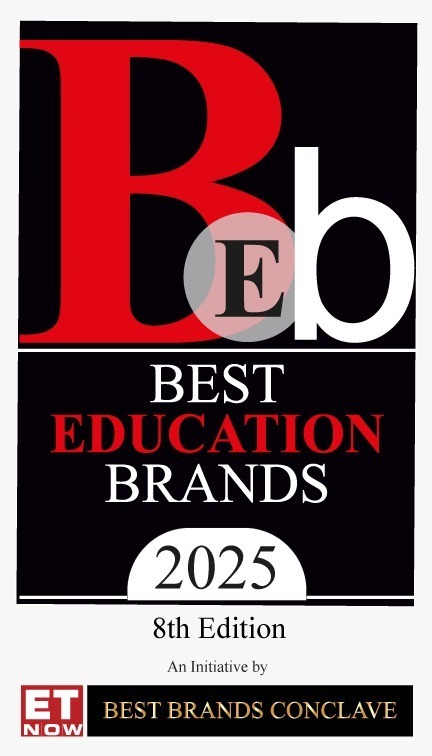
"The future of our cities lies in the creativity of the next generation." — Anonymous
The Future City Challenge 2025 was an enriching and inspiring journey that brought students into the heart of global urban innovation. Through a dynamic series of interdisciplinary activities conducted between March and May 2025, learners explored how technology, sustainability, and policy can converge to design the cities of the future. With a focus on countries like India, Japan, the Netherlands, and Norway, students participated in hands-on workshops, engaging debates, and collaborative design challenges, developing real-world solutions while honing essential 21st-century skills.
Futuristic Urban Hackathon (19th March 2025)
The journey began with the Futuristic Urban Hackathon, where 30 enthusiastic students collaborated to design smart, inclusive, and self-sustainable city models. Their projects tackled future-centric challenges like smart transportation, green energy, AI-integrated governance, disaster-resilient planning, and advanced recycling systems. Presenting through blueprints and digital prototypes, the students showcased not only their creativity but also their deep understanding of urban dynamics. The activity seamlessly integrated ICT, Science, Social Science, and English while fostering critical thinking, communication, and teamwork.
Global Sustainability Challenges Webinar (22nd March 2025)
Next, students joined the Global Sustainability Challenges Webinar, which featured expert discussions on sustainable urban development across India, Japan, the Netherlands, and Norway. Learners actively participated in insightful Q&A sessions that expanded their perspectives on environmental issues, green technologies, and smart city planning. The webinar bridged real-world concerns with classroom learning across various disciplines, reinforcing the global relevance of sustainability.
AI for Smart Cities Workshop (27th March 2025)
Students delved into the power of technology during the AI for Smart Cities Workshop. This session explored how AI-driven solutions can address urban challenges such as infrastructure optimisation, energy efficiency, and governance. The workshop encouraged learners to design futuristic systems using artificial intelligence, integrating concepts from ICT, Science, and Social Science. Through interactive discussions, students gained hands-on insight into how AI can transform urban living.
Renewable Energy for Future Cities (5th–7th April 2025)
SAIoneers explored sustainable energy systems during the Renewable Energy for Future Cities activity. Focusing on Japan and the Netherlands, the workshop investigated solar, wind, and bioenergy models for resilient city development. Integrating Science, ICT, and Social Science, learners were inspired to design eco-conscious solutions that promote cleaner, greener cities for future generations.
Disaster Management and Resilient Cities (9th–12th April 2025)
The importance of urban resilience was highlighted during the Disaster Management and Resilient Cities activity. This session focused on future city planning for Japan and India. Students explored disaster preparedness, sustainable infrastructure, and innovative risk mitigation strategies through a multidisciplinary lens. The activity empowered them to build safer, more adaptable urban environments in the face of natural calamities.
Sustainable Transport Systems Design (28th–30th April 2025)
Transport solutions took centre stage with the Sustainable Transport Systems Design workshop. Centred on urban mobility in Norway, students developed concepts around electric vehicles, smart traffic systems, and non-motorised transport. This hands-on activity merged ICT, Science, and Social Science, fostering innovation and environmental awareness among young urban planners.
Future Cities Debate Competition (13th May 2025)
The challenge concluded with the Future Cities Debate Competition. This lively session encouraged students to critically examine and articulate their views on futuristic city policies and technologies. By integrating ICT, Science, Social Science, and English, the debate nurtured thoughtful discourse and helped students develop a multidisciplinary understanding of urban transformation.
Empowering Future-Ready Thinkers
The Future City Challenge 2025 successfully created a platform where young minds could explore, innovate, and express their visions for sustainable and smart cities. By engaging with global themes through experiential learning, students were empowered to think critically, communicate effectively, and design creatively, skills that are essential for shaping a better tomorrow.
